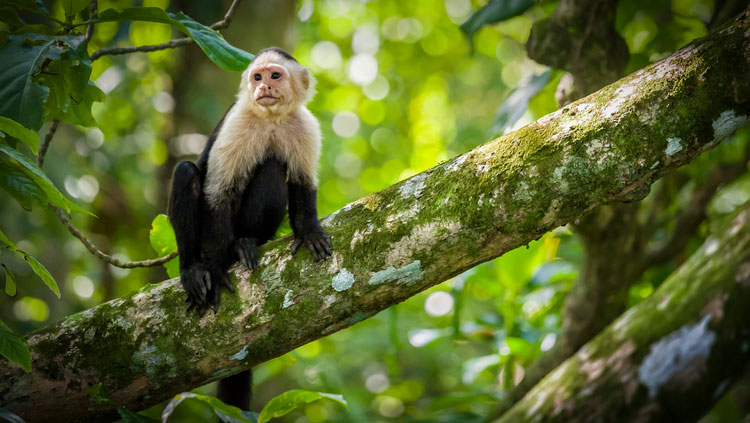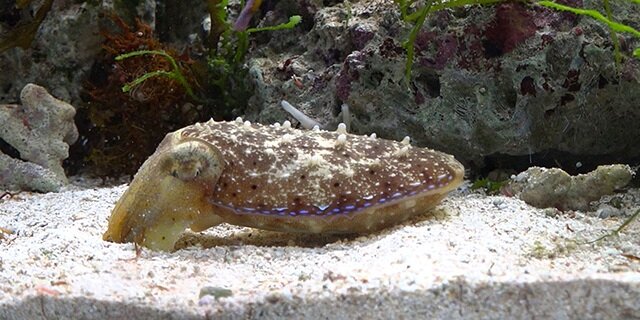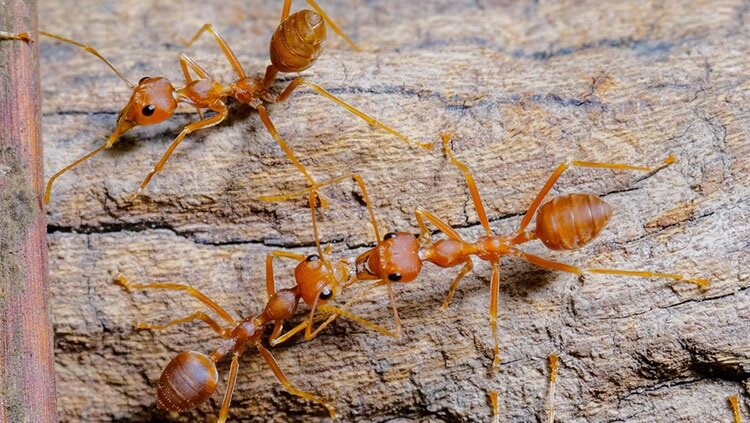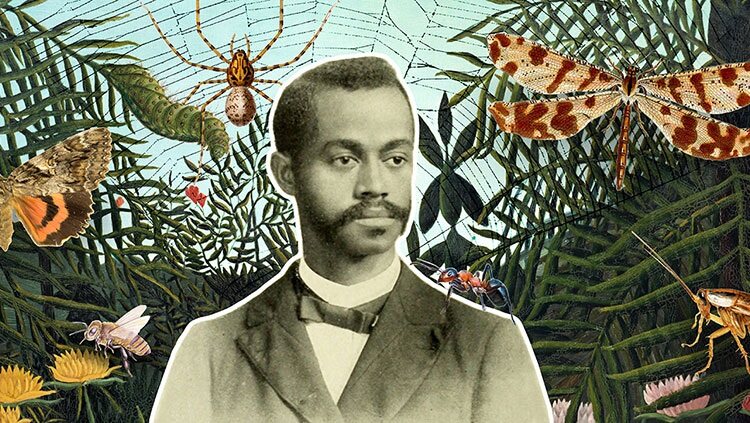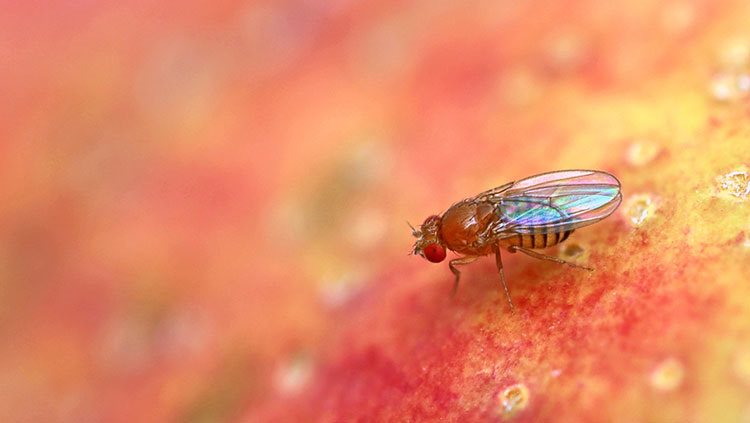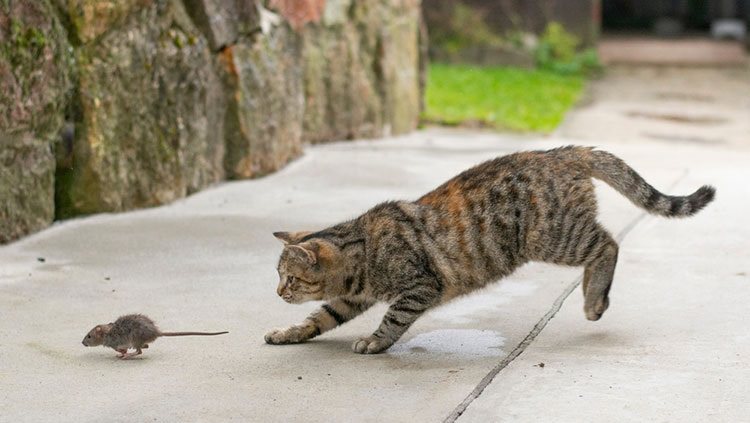Why Do Mosquitoes Bite Us?
- Published15 Jan 2019
- Reviewed15 Jan 2019
- Source BrainFacts/SfN
A mosquito bite is usually just an itchy annoyance, but sometimes it can be deadly — mosquitoes spread lethal diseases such as malaria, West Nile virus, and dengue fever. Figuring out why mosquitoes prefer to feast on humans over other animals could help us design more effective repellants and prevent the spread of disease. Neuroscientist Leslie Vosshall studies how mosquitoes makes sense of chemical signals — everything from our unique scent to the carbon dioxide we exhale — to find their next meal.
CONTENT PROVIDED BY
BrainFacts/SfN
Transcript
Screen Text: Why do mosquitoes bite us?
LV: The first thing to clear up is that only the female mosquitoes bite us. They’re biting us because they need blood to be able to get protein to be able to produce eggs. It’s a reproductive necessity. It’s a life or death matter for the species.
The kinds of mosquitoes that we study are the ones that spread diseases like Zika, dengue, chikungunya, yellow fever. They prefer humans over any other animal on Earth, so they specialize on us.
We provide the perfect environment for these mosquitoes. We house them. We give them water. They live in our houses. We provide almost limitless supplies of humans that they can feed on. We think that they’ve adapted, through evolution, an attraction to how we smell. Something about the unique human scent really excites them much more than other animals.
Screen Text: How do mosquitoes hunt?
LV: Let me set the scene. There’s a female mosquito. The first thing that she’ll probably sense is carbon dioxide. Every time we exhale, we’ll put four percent carbon dioxide into the air. That’s a very light stimulus so she’ll sense that very far away. Then, after that, she starts flying toward the source of the carbon dioxide. Then she’ll start smelling the body odor that humans give off. Gets a little closer. She’ll sense that there’s warmth, that it’s a human that’s alive. Then she’ll land on the skin and she can evaluate if it’s delicious skin stuff. Then, at that point, she’ll have reached her goal. It’s everything. It’s all of the things that we give off that help her find us.
Like us, the female head is bristling with different sensory structures. They have specialized hearing organs. They have a big visual system that probably also is involved in seeing humans. They have antennae that can detect heat and body odor. They have maxillary palps that can detect carbon dioxide. Then they have this very elaborate biting structure that can both taste the surface of the skin and then after the female injects the syringe underneath the skin, she can taste the blood. The whole animal devotes an enormous amount of resources to detecting humans.
Screen text: Mosquitoes seem to go after some people more than others. Do we know why?
LV: That is the key question in the field. There’s work from James Logan’s group in England that suggests that whatever it is, it’s highly heritable. Because if you have an identical twin who’s highly attractive to mosquitoes, then you are likely to be highly attractive to mosquitoes. The genetic signature of that is much weaker in fraternal twins or siblings. Whatever it is, there must be a genetic basis. We’ve been working very hard to get some insights into that.
I think we can get rid of some of the old wives’ tales that it’s gender. Women are not more attractive to mosquitoes than men. We don’t think there’s a strong signature of sugar in the blood. That’s another folk tale that they go after sweet blood. We don’t see any signature of that. It remains a big important mystery.
It’s an important thing to learn more about the why because the bite is the point at which you can intervene in the spread of disease. If mosquitoes stop biting humans tomorrow then, very rapidly, all of these diseases would go away. We need to know what it is that makes the mosquitoes choose humans over non-humans. What makes some people more attractive than others? The basic science that we do could, in principle, help people design new repellents.
Also In Animals in Research
Trending
Popular articles on BrainFacts.org


